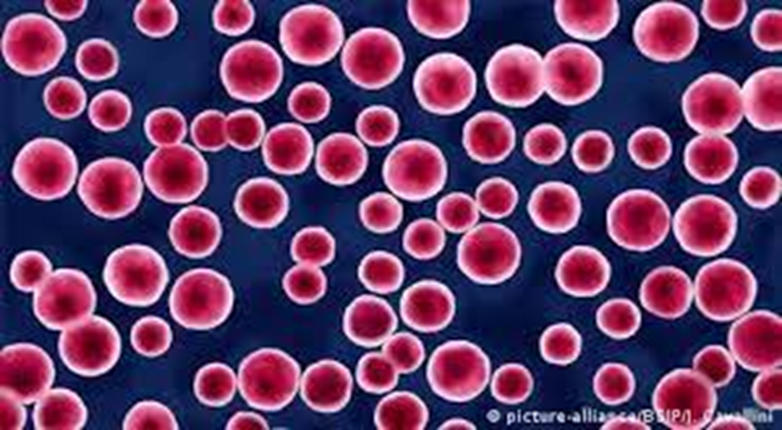Scientists succeed in reviving millions of years old bacteria

Most organisms cannot survive without food for long. But in an astonishing discovery, Japanese scientists have managed to revive microbes that are millions of years old. What is the significance of this discovery?
The microbes trapped inside these rocks were still present because there was enough oxygen
In a scientific precedent, Japanese scientists were able to revive bacteria that had been trapped in the depths of the Pacific Ocean for more than 100 million years. Yuki Morono, who is in charge of the study from the Japanese Sea Research Corporation "JAMSTEC", says, according to what was reported by the German "Deutschlandfunk" radio, that the team of scientists found these bacteria at a depth of 5700 meters on the ocean floor. According to him, the rocks they examined were between 13 million and 100 million years old.

New scientific horizons
The scientists' surprise was that it did not reproduce all these years, according to Science Mag. According to the same site, it is known that microbes can survive in high-temperature and even toxic environments, but scientists did not expect that they could survive in an environment where there was no food for them.
According to the British BBC, previous studies had shown the ability of microbes to adapt in environments in which other organisms could not survive.
The importance of this discovery is due to the fact that if these organisms were able to survive inside sedimentary rocks for millions of years, similar life forms could exist on other planets, which may encourage scientists to discover them in places they had not thought of before, according to the "Science" website. Magazine".
Scientists told CNN that they have not yet been able to understand how these microbes can survive without food for so long, and that they need to do more experiments to understand this phenomenon.
Promising results for the future

According to "Deutschland Funk", scientists made attempts to revive these microorganisms after their extraction, and they did not expect much to survive from them, but the surprise was that they were able to revive about 99 percent of them in a short period. In addition, the radio reported that microbes began multiplying at breakneck speed, which indicates that with the right conditions, with the help of science, life can thrive in desolate places. This opens new horizons for humans in exploring planet Earth and the rest of the planets of the solar system.
And the BBC quoted the director of the study, Morono, as saying: "When they told me about this discovery, I thought it was a mistake or a failure of the experiment." According to him, this discovery showed that some organisms may be able to live indefinitely.
Source: websites

